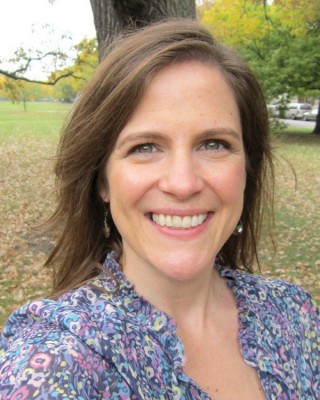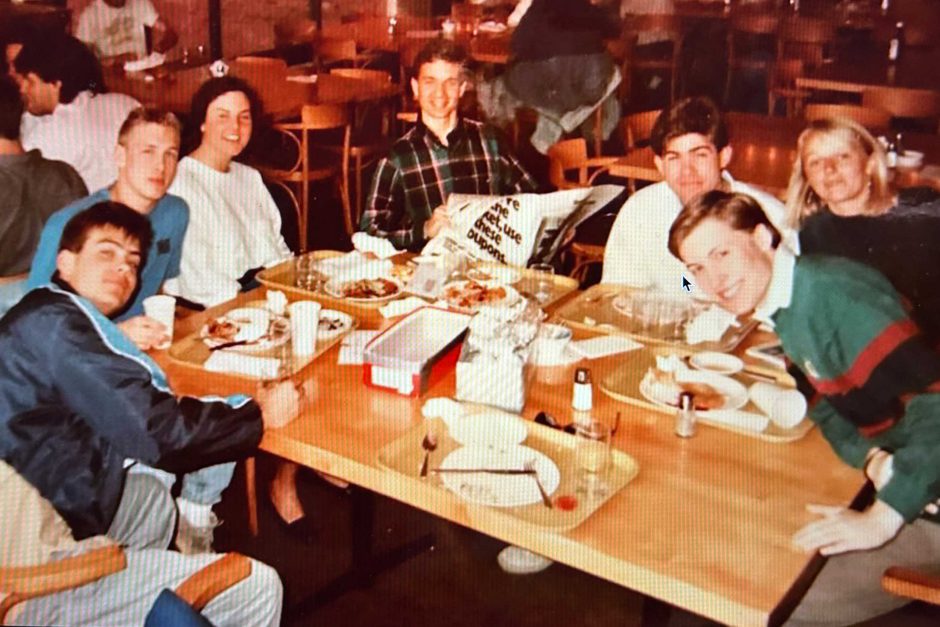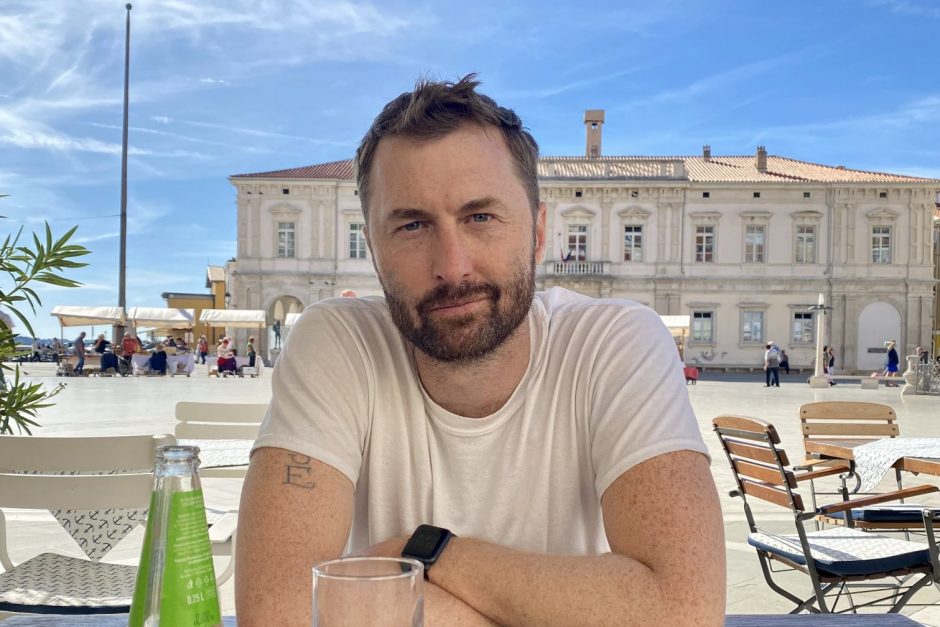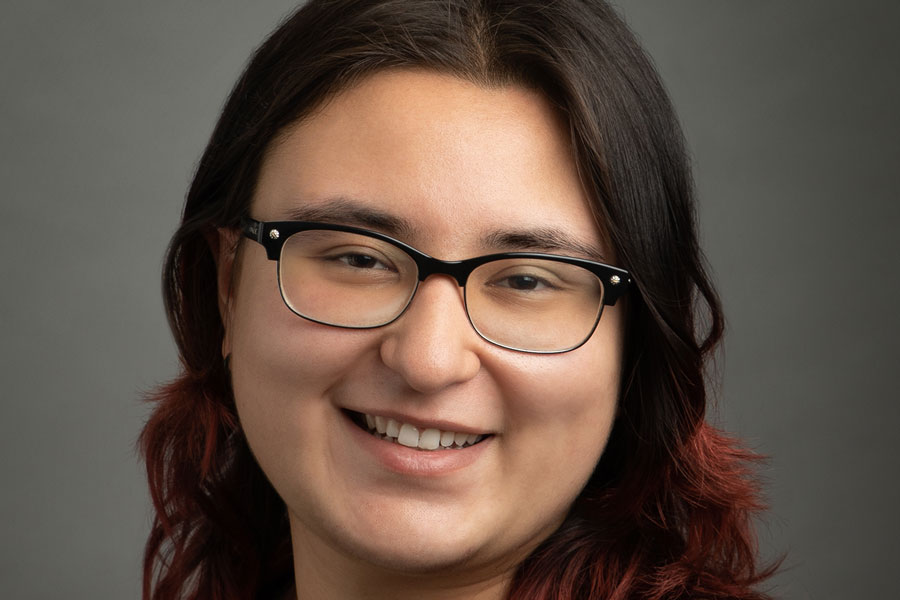Alumna is violence prevention leader
 Rachel Johnston ’94 works at Chapin Hall at the University of Chicago, the research and policy center focused on improving the well-being of children and youth, families, and their communities. She is developing a multi-agency collaboration project to support anti-violence initiatives in Chicago. Johnston previously worked with the Chicago Police Department, most recently as director of research and development. She has also worked as a consultant to governmental agencies nationally. Johnston has a master’s degree in urban planning and policy and a Ph.D. in criminology, law, and justice, both from University of Illinois at Chicago. She has two children, ages 1 and 4.
Rachel Johnston ’94 works at Chapin Hall at the University of Chicago, the research and policy center focused on improving the well-being of children and youth, families, and their communities. She is developing a multi-agency collaboration project to support anti-violence initiatives in Chicago. Johnston previously worked with the Chicago Police Department, most recently as director of research and development. She has also worked as a consultant to governmental agencies nationally. Johnston has a master’s degree in urban planning and policy and a Ph.D. in criminology, law, and justice, both from University of Illinois at Chicago. She has two children, ages 1 and 4.
Q: How did your Cornell education influence you to study the causes of and possible solutions to youth violence?
A: It started with a Professor Richard Peterson course that took us to Chicago to look at a variety of urban issues, which inspired me to spend a half-year in the Associated Colleges of the Midwest Urban Studies program. It was the thoughtful in-class study of sociology and politics, made accessible through real-world illustrations, that pointed me in that direction.
Q: What’s one thing you’d like people to know about your job?
A: The one thing I would like people to know about my job—or any job, really—is that you are not well served if you bring your preconceptions to the table! Urban violence, like most things, is incredibly complicated. And while a wealth of our options and attitudes are generally shaped by media, they do a poor job covering the topic.
Q: What’s the most important thing you learned at Cornell?
A: I learned how to balance multiple tasks and multiple perspectives. While Cornell offered the freedom to concentrate on a single academic subject, extracurricular activities, making friends, studying music, learning how to deal appropriately with independence, and having fun added up to quite a lot to do. And although Cornell may be considered geographically remote (ha!) there was a wealth of ideas represented by students, teachers, speakers, performers, etc. Cornell was a seminar in all things at once!
Q: How did Cornell change you?
A: Cornell provided a strong and positive sense of independence as well as the opportunity to test that independence in a beautiful and safe setting. And of course people that I met and the relationships that I made at Cornell were formative.
Q: What person on campus had the biggest impact on you?
A: James Martin made being an academic look like the best job in the world! Not to mention his enormous talent. I always enjoyed talking about and practicing music with Professor Martin—I wish I could still do it!



